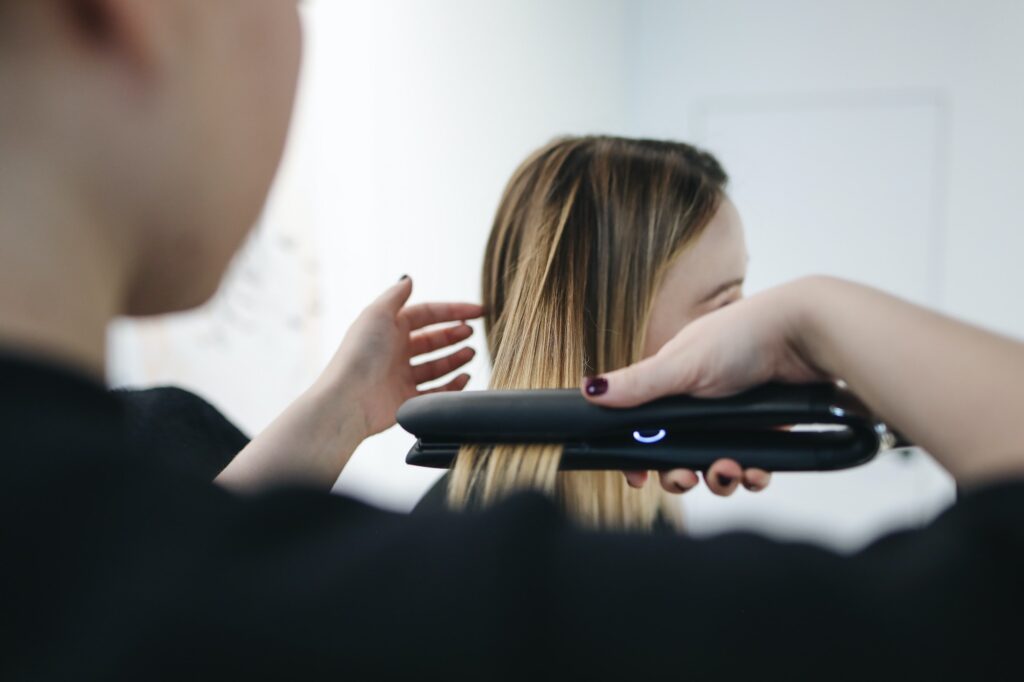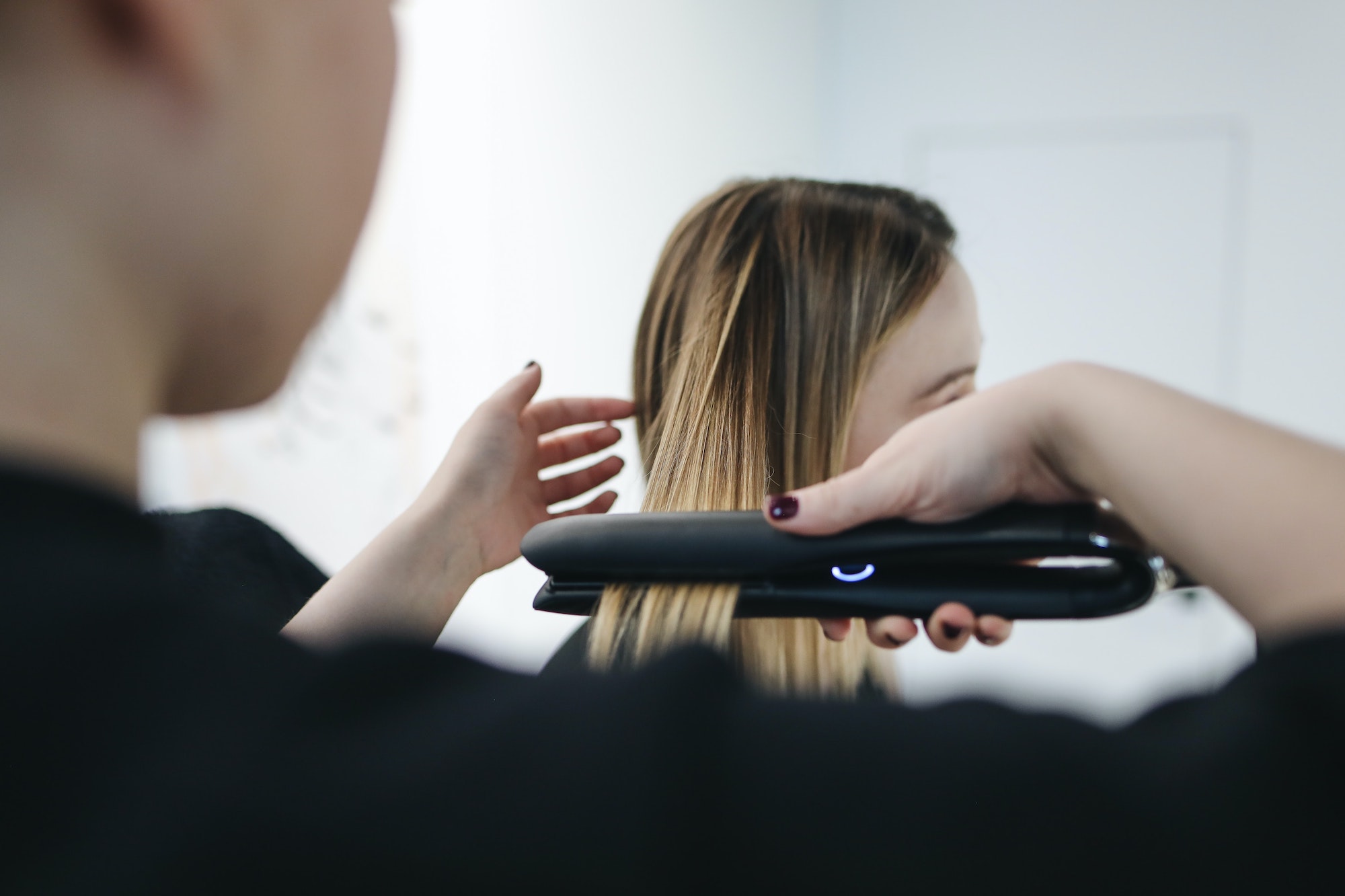4 Things You Need to Know About the Hair Straightener Cancer Lawsuit
Chemical hair straightener lawsuits assert that L’Oreal and other companies’ straighteners can lead to uterine cancer and other health problems. Manufacturers are accused of failing to alert consumers that their goods may raise the risk of uterine cancer and other forms of cancer. You can speak with a lawyer to know more about the uterine cancer lawsuit.

Everything You Need to Know About the Hair Straightener Cancer Lawsuit
Why Do People File Lawsuits Regarding Chemical Hair Straighteners?
Claims that chemical hair straighteners enhance the risks of uterine cancer have led to lawsuits being filed. Research reveals that women who use chemical hair straighteners have a greater risk of developing uterine cancer. L’Oreal, Soft Sheen, and other businesses are among those being sued. One of the first women to do so was Jenny Mitchell, age 32, who brought a lawsuit in October 2022 after learning she had uterine cancer. Her lawsuit stated that “regular and extended exposure to phthalates and other endocrine disrupting chemicals detected in defendants’ hair care products was directly the cause of her uterine cancer.
How Do Chemical Hair Straightening Products Work?
The natural connections in the hair are broken down by heat and chemicals during chemical straightening. Disulfide, hydrogen, and salt are three different forms of substances extensively used in straightening products. Disulfide bonds break down, which makes it possible to straighten the hair. However, any exposed skin or infection can absorb the substance, which can later result in adverse medical conditions.
Which Cancers are Associated with Chemical Hair Straighteners?
The two cancers most frequently associated with hair straighteners are uterine and breast cancers. Endocrine-disrupting substances or EDCs, present in chemical hair straighteners are to be blamed for elevated cancer risk, according to research. Chemical hair straighteners have also been linked in studies to endometriosis and uterine fibroids, in addition to cancer. Regular users of these products run a higher chance of developing cancer and other illnesses.
Researchers have shown that the biggest risk of uterine or breast cancer is among women who use the products more frequently than four times a year or every five to eight weeks. Some of the carcinogens found in hair straighteners include phthalates, parabens, and a highly carcinogenic compound called DEHP. The NIH study from 2022 discovered that the risk of uterine cancer is more than doubled in women who use the products frequently. Researchers looked at data from 33,947 women, 35 to 74 years old. They discovered that uterine cancer was more common in women who admitted to using hair straighteners than in those who did not.
Product Lawsuits
Lawyers are taking cases and anticipate that many more people will file claims related to chemical hair straighteners. There have been more than a dozen individual injury claims made. A class action lawsuit filed in Illinois against the defendants seeks that L’Oreal and other businesses pay plaintiffs the entire cost of the defective products they purchased and also the medical costs.
Although it might seem a bit daunting to bring a lawsuit against multi-billion-dollar cosmetic giants, however, due to mass awareness, these companies are willing to pay out settlements. You must consult a suitable attorney who can gather all the facts related to your particular case. They are all you need to take on any cosmetic giant who exploits women’s safety for their profits.
The chemical hair straightener lawsuits highlight critical concerns about consumer safety, as companies like L’Oreal face scrutiny over potential links between their products and serious health risks, including uterine and breast cancer. The growing body of evidence around endocrine-disrupting chemicals in these straighteners has brought awareness to the importance of transparency and safety in cosmetics.
If you or someone you know may have been affected, consulting a knowledgeable attorney can help you understand your options and pursue any rightful claims. These cases are not just about compensation but about holding companies accountable for the health and safety of their customers.









